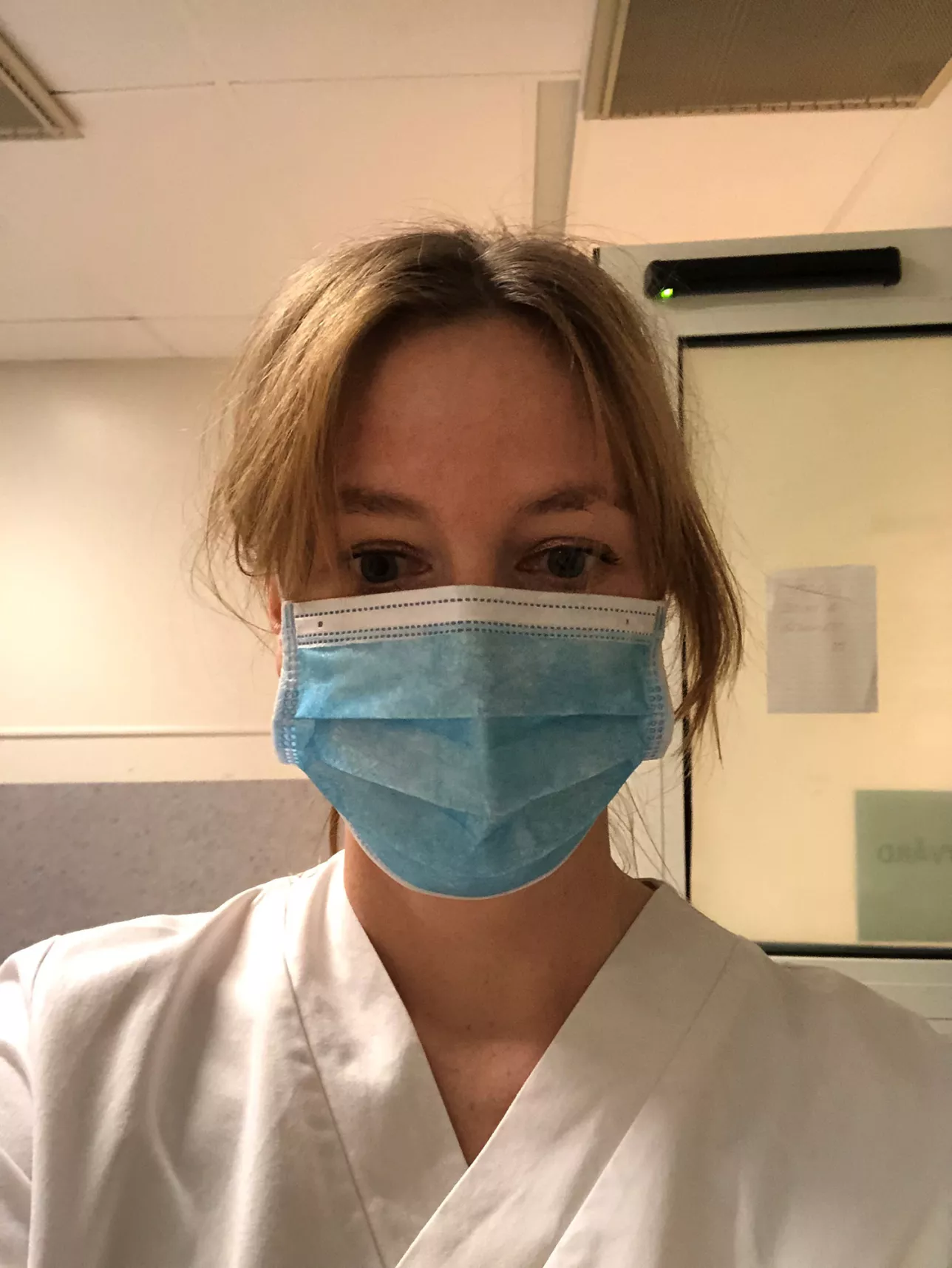Rebecca Selberg on collaboration with healthcare
Rebecca Selberg is Senior Lecturer at the Department of Gender Studies. Her research areas primarily involve working life, inequality and social change, New Public Management and the public sector.
Is there any type of collaboration in which you have been involved and with which you are particularly pleased?
– I have worked with the intensive care units (ICUs) in Malmö and Lund on issues surrounding action strategies at work, in which I used Hirschman's Exit-Voice-Loyalty model as a way to initiate discussions on how we behave at work when feeling dissatisfied with something or seeing a need for change. I have also worked with the ICUs on issues of interprofessional teamwork, for example ethics.
– The lectures and workshops I have conducted with the staff have now led to me taking leave from LU for 18 months and taking up employment as a researcher and management support at Skåne University Hospital in the intensive care and perioperative care area of operations. The collaboration led to a joint application to Riksbankens Jubileumsfond (RJ) and their Flexit program, where researchers work for an extended period at another organisation. For the next 18 months I will therefore be continuing the work at the ICU, in part evaluating the work involving Covid care.
In what way was this particularly successful?
– The collaboration has been particularly successful because together we have been able to match my expertise and the theoretical and methodological knowledge I acquired from the social sciences with the ICU’s identified needs for expertise. Essentially, I believe that the collaboration was successful because there are employees and managers at the ICU who are genuinely interested in the social sciences and gender studies’ perspectives on organisations, professions and collaboration, and have a strong desire to work in new ways with change in mind. Both staff and managers are open and welcoming and find it fun to acquire a different kind of expertise than the one they are used to in terms of medicine and healthcare. I also think it has been an advantage that I already have a pretty good insight into how healthcare works through previous research projects.
Did you come across anything that you think could be problematic when collaborating?
– I worry a little at times that expectations of me as an organisational researcher are that I should be something of an oracle who has the answers to anything and everything. That's not the case, of course. In fact, I don’t have that many answers, my strength lies rather in asking other kinds of questions than the ones healthcare professionals are used to, and in looking for answers in other places.
– Another thing which is not problematic but which I am not used to is that things can move incredibly fast in healthcare: if the research results show that medicine X is better than medicine Y, well, then you change the procedures immediately, just like that. And so it should be, of course. But this also means that there can be an expectation that organisational changes will work in the same way: such and such now applies, here’s a report, off you go. However, not all changes can or should apply immediately; some things need to be mulled over for a little longer. In general, we social scientists are probably used to a different pace – we might nag about something year in and year out while nothing happens. So when I say "maybe you should have joint ethics sessions with all professions present", I would ideally like to consider what this would entail – but at the ICU they were introduced the following Monday. It's fun but a little shocking for a sociologist who has been trained to have a great understanding of the sluggish nature of society, that there are actually places where things can change immediately without much discussion. This is also what makes changing environment so fun.
What was the result of your collaboration?
– Among other things, joint ethics sessions for doctors, nurses and assistant nurses, where patient cases are discussed together and from the perspectives of the various professional groups and from an ethical point of view. But perhaps mainly the application to the RJ and the Flexit project, which will now result in many different smaller projects at the ICU, including a study circle with managers on risk perception from a lifestyle perspective, lectures for managers throughout the organisation about professions, traditions and tacit knowledge, interviews with doctors, assistant nurses and nurses about teamwork in interprofessional groups and, if I get what I want, a group that works according to Frigga Haug's memory-work tradition on the role of assistant nurses in intensive care.

Contact
Rebecca Selberg
rebecca [dot] selberg [at] genus [dot] lu [dot] se (rebecca[dot]selberg[at]genus[dot]lu[dot]se)
+46 46 222 09 18

